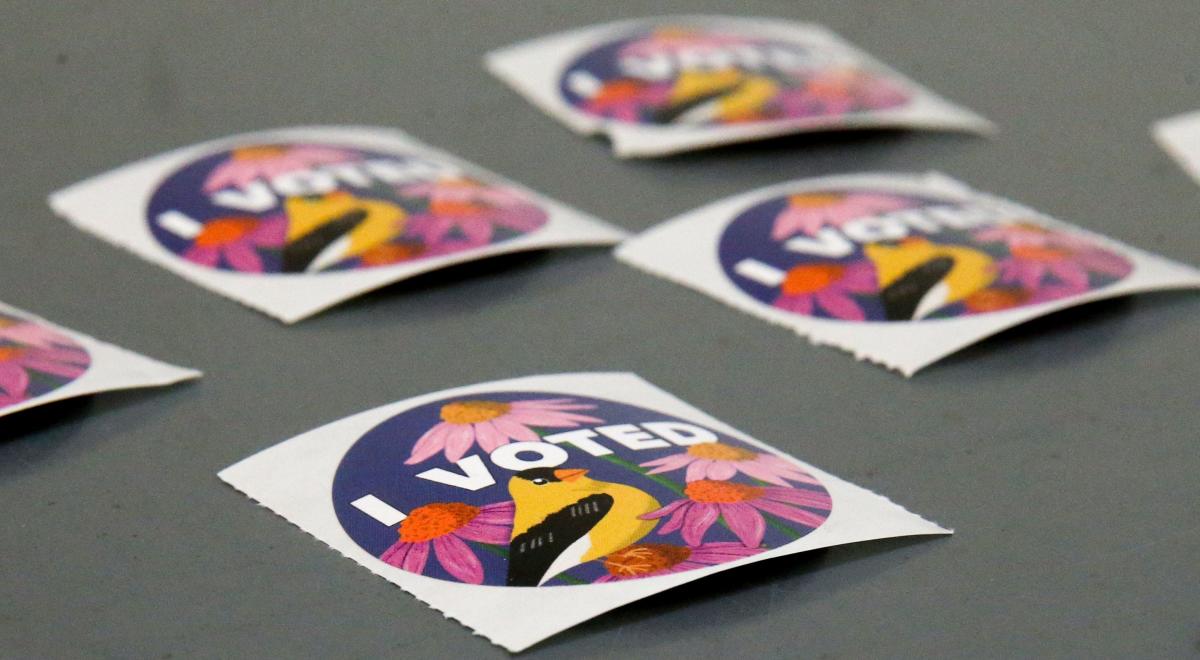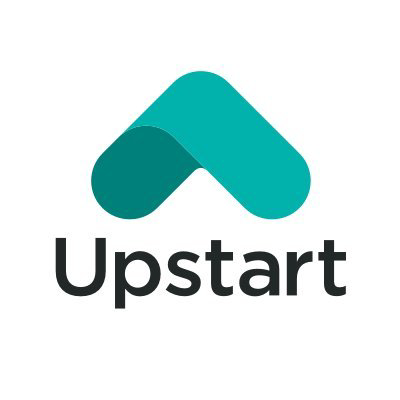
Calling this a big week for American democracy is like calling the Super Bowl a little ballgame. We wrote this on the Monday before the election while hundreds, if not thousands, of candidates nationwide made their final pitches for the favor of more than 240 million eligible voters. Those voters’ impact on America’s economics, policy, and climate (literal and figurative) are immense and will have long-lasting, global impacts.
But that’s this week. What about tomorrow?
After too many months of buildup, excitement, drama, and dread, the campaign season is ending. Next, despite each campaign’s claims about the end of America, is not the apocalypse. It’s just tomorrow, which is a lot like today, but mercifully lacking in campaign ads.
Whether your favorite candidate wins or loses, most of today’s problems and opportunities will still be there tomorrow. A Harris victory wouldn’t have, by itself, restore Roe v. Wade or rein in monopolies. Trump’s victory will not, by itself, create a police state or purge the country of immigrants. And neither candidate’s victory will restore Iowa’s school budgets, clean our water, provide rural health care, or keep our rural counties from losing population.
Each of those issues is a big issue, but together they are still only the tip of our iceberg of unsolved problems. And, no matter how gifted any candidates are, they are still just people with limited time, energy, and authority. Expecting otherwise is a recipe for disappointment, one seen too often in disenchanted voters who say some version of, “I voted my person in. Why didn’t they fix things?” But “we the people” give our elected officials offices, not superpowers.
It turns out that the work of making a more perfect union is never done. While we believe that our representatives generally make good faith efforts to do what they said they would, they still need us, their constituents, to remind them how their action (or inaction) affects us and to hold them accountable. If the person you voted for wins, you should have someone you can negotiate with. If not, remember the lesson that Iowan advocates have learned over the last years: even when you can’t stop bad ideas, you can often make them less bad.
In other words, to paraphrase the League of Women Voters: if you want it to succeed, democracy is not a spectator sport.
So take a little of the energy you committed to campaign season and decide on a change you want to see in the world. Join a group that supports that change or start one of your own. It could be a club, a cause, or even a union. Working together, not electing saviors, is how things get done in democracies. Groups not only make our voices louder; they also help us share the work, keep on task, and sometimes even find our friends. And, in this time of political realignment, you might be surprised to find out who those friends are.
The election was a spectacular group effort, but we and all of our friends are still needed. Making changes in America usually requires not just the right people in office but the rest of us holding them to their promises. From too-big-to-fail corporations to healthcare to immigration to school closings, hard problems are, well, hard. To get them over the finish line, our superpower-free politicians need us to cheer them on and to hold them to task. When we don’t do that, we get things like Guantanamo Bay and Remain in Mexico instead of immigration reform. Those broken promises are on our elected officials, but they are on us, too.
Hold our all-too-human leaders to account and revel in the absence of political ads.
Kelcey Patrick-Ferree and Shannon Patrick live in Iowa City and write at www.ourlibertiesweprize.com. And biannual time changes must be abolished.
This article originally appeared on Iowa City Press-Citizen: Iowa City Writer’s Group: It was an election, not Armageddon
EMEA Tribune is not involved in this news article, it is taken from our partners and or from the News Agencies. Copyright and Credit go to the News Agencies, email news@emeatribune.com Follow our WhatsApp verified Channel




